Caring for the older Horse
An older horse can be worth its weight in gold. They’ve been there, done that and can be super schoolmasters for young or beginner riders. They deserve the very best of care!
Most horses live between 25 and 35 years of age, although ‘Old Billy’ holds his place in the Guinness Book of Records for the oldest horse, making it to the ripe old age of 62.
If you own, or are thinking of purchasing an older horse, here are some common factors to be aware of:
Musculo Skeletal system – Osteoarthritis is the most prevalent disease in the world, not just in humans but for horses and dogs as well. Senior horses are predisposed to joint disease, especially those that are athletic, overweight or have had a lifetime career in performance. We recommend 4CYTE EPIITALIS Forte to prevent and treat osteoarthritis in performance horses of all ages.
Dental Health – Horses’ teeth have a large amount of reserve crown, and their teeth continuously erupt throughout their lives due to their grazing habits. The most common abnormalities found in older horses are ‘wave mouth’ and loss of teeth. Not enough teeth to assist in grazing and chewing can result in weight loss, even when horses are provided with a nutritionally adequate diet. Overgrowth of the teeth results in trauma to the gums and the insides of their mouth. This can lead to pain and unwillingness to eat.
Parasites – The importance of monitoring the older horse for parasite burden is paramount. They have a reduced immunity and may be at a higher risk of increased parasites. Our vets perform faecal egg counts and will recommend appropriate treatment to ensure that the right worming regime is in place for your older horse. This helps prevent several other issues that are related to parasite burden.
Hoof Care – It is generally recommended to have your farrier attend every six to eight weeks, even if your horse is not in work. Geriatric horses will have similar hoof issues to younger horses, such as stone bruises and quarter cracks. If they have a diagnosis of Equine Cushing’s Disease, they will also be more predisposed to laminitis. This requires more frequent hoof care by both the farrier and vet to maintain normal hoof conformation and comfort. Laminitis is a potentially fatal disease characterised by inflammation of the soft tissues in the hoof. Clinical signs of laminitis include heat in the hooves, lameness in more than one limb, increased digital pulses and sensitivity to hoof testers. In severe cases, horses may need to be euthanised due to extreme pain, inability to walk and weight loss and poor quality of life . Causes of laminitis include endocrine (hormonal) disorders, systemic disease, overloading of one limb and ingestion of lush pasture.
Digestive System – Weight loss is common in geriatric horses. Some of the causes of weight loss and inability to maintain an appropriate body condition include dental issues, reduced digestion or absorption of nutrients, internal diseases and hormonal dysfunction. Geriatric horses can also succumb to gastric ulceration, especially if their feeding regime is poor. Access to good pasture is best for older horses. If access to quality pasture is limited, good quality hay and a balanced geriatric feed is necessary.
We highly recommend an annual health check for all horses, but especially for older horses. We will check your horse’s overall health including Osteoarthritic change and dental health, help to implement a senior horse diet and a plan to ensure your golden oldie has a good quality of life in their twilight years.
